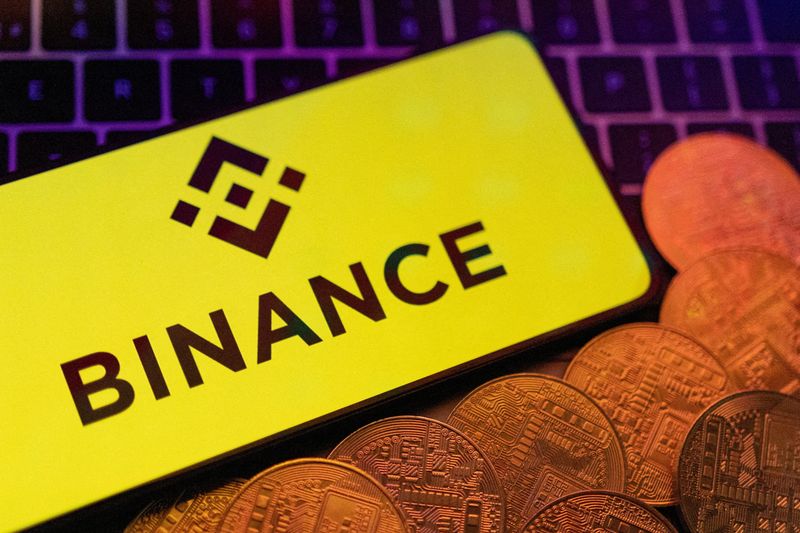SEC Initiates Process of Blocking Access to Binance in the Philippines
The Philippines’ Securities and Exchange Commission (SEC) has taken action against the world’s largest crypto exchange, Binance, beginning the process of blocking access for Filipino users. This comes after Binance’s chief, Changpeng Zhao, stepped down and pleaded guilty to violating U.S. anti-money laundering laws.
Unregistered and Unauthorized Operation
The SEC stated that the operator of Binance was not a registered corporation in the Philippines and was operating without the necessary license and authority to sell or offer any form of securities. In response to this, the commission issued an advisory on November 28, informing Filipino users that access to Binance will be removed within three months. This decision was made in order to allow users time to withdraw their investments from the platform.
Ban on Online Advertisements
In addition to blocking access, the SEC has requested technology giants such as Google and Facebook’s parent company, Meta, to ban online advertisements from Binance in the Philippines. The commission also issued a warning to individuals selling or promoting investments in the platform, cautioning them that they may be held criminally liable for their actions.
Changpeng Zhao’s Resignation
Former Binance chief, Changpeng Zhao, resigned as CEO after pleading guilty to willfully causing the exchange to fail to maintain an effective anti-money laundering program. When contacted for comment, Reuters did not receive a response from Binance. The company only provided an automated reply to inquiries.
Future Implications
The SEC’s actions against Binance highlight the growing regulatory scrutiny surrounding the cryptocurrency industry. With the increasing global focus on anti-money laundering and investor protection, crypto exchanges are facing greater challenges in ensuring compliance with regulations in various jurisdictions.
The move to block Binance in the Philippines reflects a larger trend of crackdowns on unregistered and unauthorized crypto exchanges. As authorities continue to tighten their grip on the industry, it underscores the need for greater transparency and adherence to regulatory requirements crypto platforms.
The push for stricter oversight of crypto exchanges points to a broader effort to safeguard investors and prevent illicit activities within the rapidly evolving digital asset space. As the regulatory landscape continues to evolve, the SEC’s move against Binance serves as a reminder of the importance of complying with legal and regulatory frameworks in the cryptocurrency market.

I’m a cryptocurrency and blockchain technology journalist. My work has been featured in major publications such as CoinDesk, Bitcoin Magazine, and VentureBeat. I’ve been a respected voice in the cryptocurrency community and my insights into the industry have helped shape its development.


